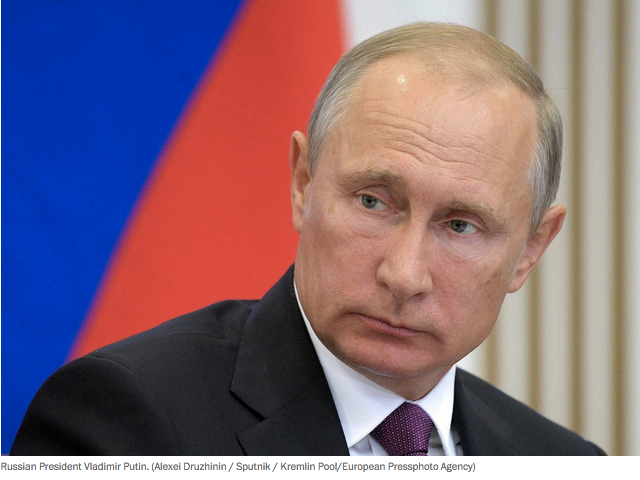Intelligence officers sometimes talk about “blowback,” when covert actions go bad and end up damaging the country that initiated them. A year later, that is surely the case with Russia’s secret attempt to meddle in the U.S. presidential election, which has brought a string of adverse unintended consequences for Moscow.
The Kremlin is still issuing cocky statements accusing the United States of “political schizophrenia” in its response to Russian hacking. And there are vestiges of the triumphal tone I encountered in Moscow this summer — a sense that the United States is in decline and that a mistreated but resurgent Russia is in the driver’s seat. But Russia’s confidence must be flagging.
Interference in the U.S. election has created antibodies to Russian power: America is angry, Europe is newly vigilant, and Syria and Ukraine are becoming quagmires. Moscow remains a dangerously ambitious revanchist power, but its geopolitical goals look harder to achieve now than they did a year ago.




